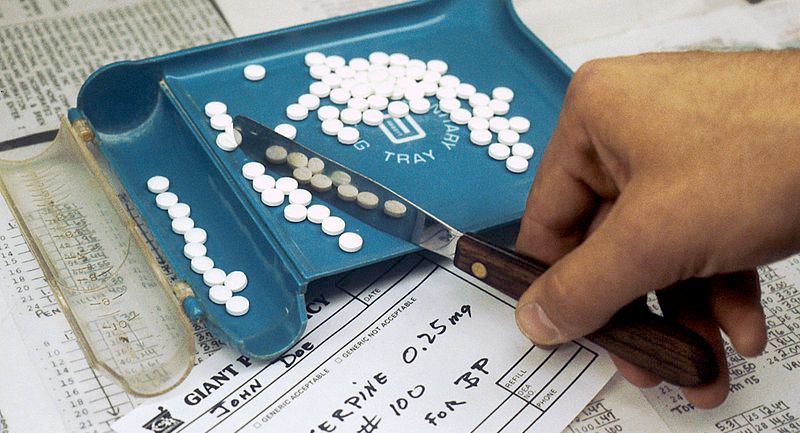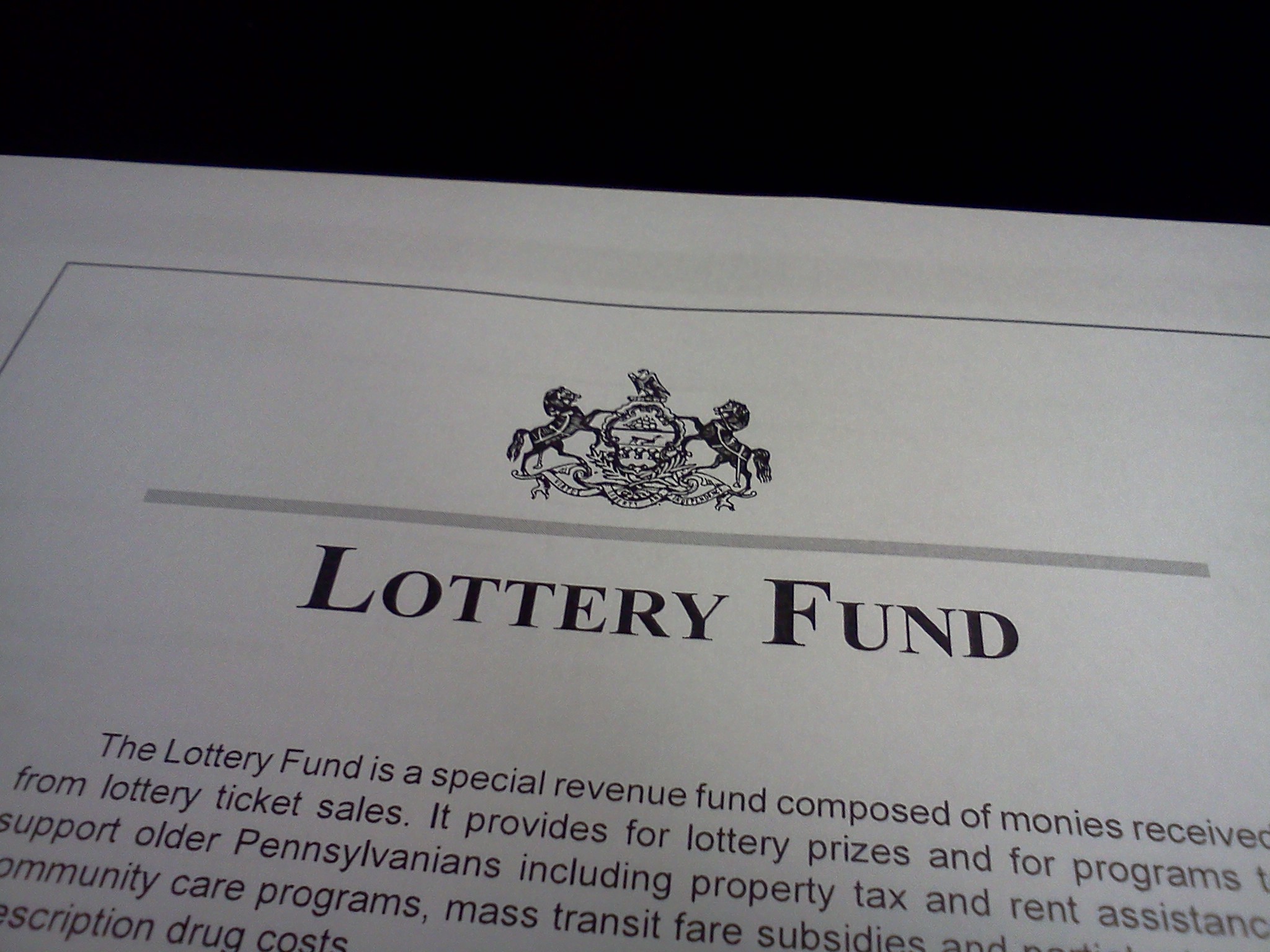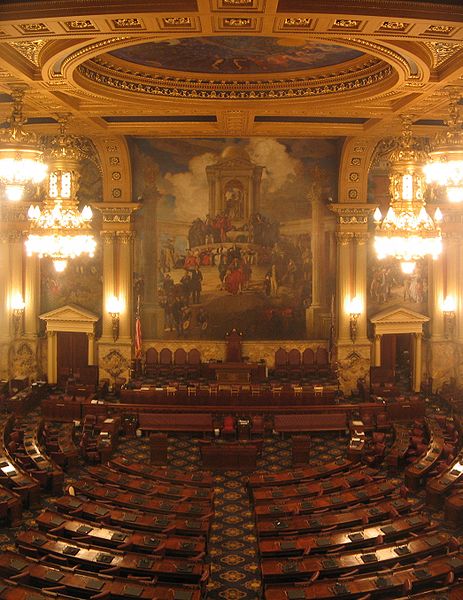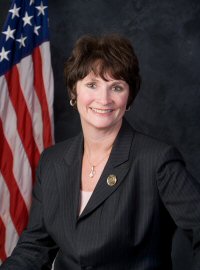Poll: Phillies Win PA Pennant Race
The Phillies top the Pirates 51 – 22 in a new survey of Pennsylvania baseball fans. It’s Quinnipiac’s first ever Pennsylvania Pennant Race poll. “The Phillies are playing .600 ball, compared to the Pirates .500, and Pennsylvania fans are lined up with the winner,” says pollster Tim Malloy.
It’s no surprise that fans in the southeast prefer the Phils (83%, 89% in the city). Likewise, southwest fans prefer the Bucs (78%, 76% in Allegheny County). What’s interesting is Central PA, which roots for the Phillies 50 -13.
These numbers are taken from the responses of Pennsylvanians who self-identify as baseball fans. They were asked, “What is your favorite major league baseball team?” Behind the Phillies and Pirates, the New York Yankees came in third with 8% support. The Mets get 3%. The Braves, Orioles and Red Sox net 2% each among PA baseball fans.
(In the interest of full disclosure, yes those are my baseball cards pictured above… and I root for my hometown Cleveland Indians)












